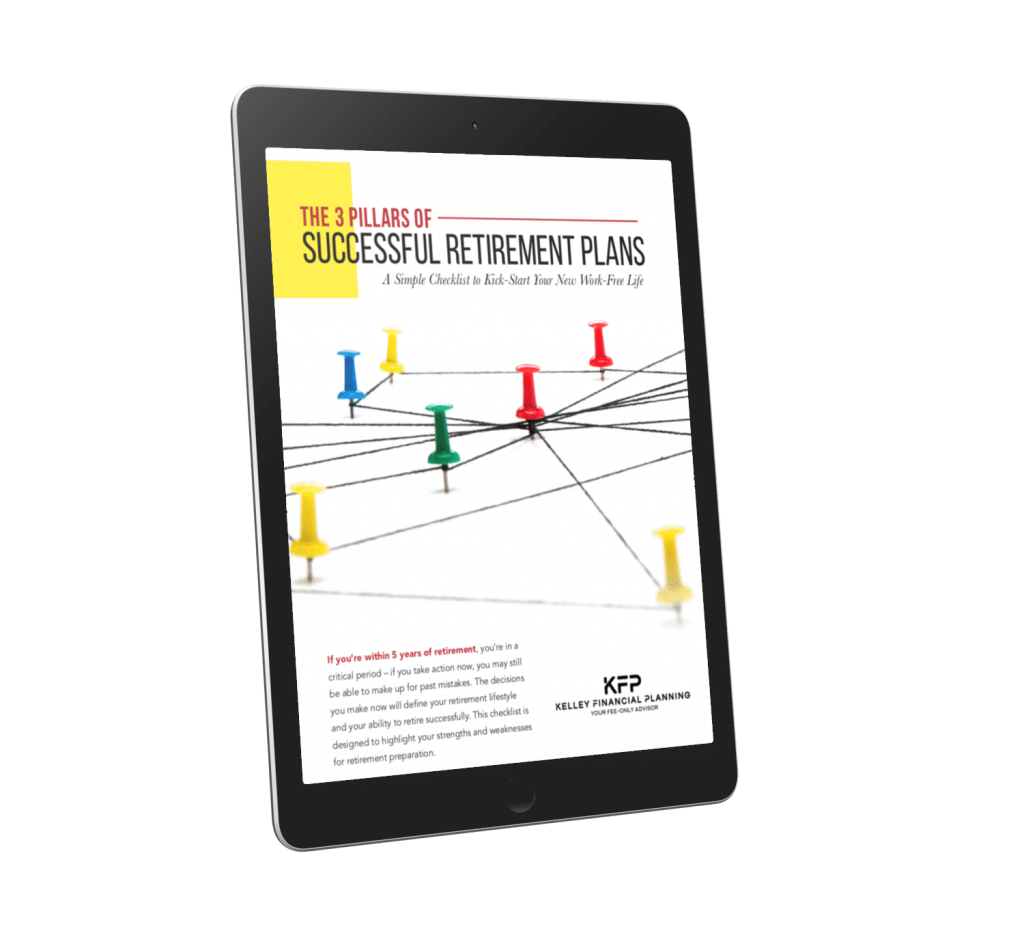Do you ever feel like you just can’t get ahead? No matter what you do, does it always feel like you’re swamped by bills and creditors? If so, it’s time to take control of your finances. This isn’t an easy journey, but it will be well worth your time. Here are several tips that can change your life. Some can be implemented immediately. Others are going to take further research and time.
Add More Margin
Many people struggle financially because they have little to no financial margin. You have probably experienced this, but you may be wondering what a “financial margin” even is. A financial margin is the gap between what you earn and what you spend. If you earn $1000 and spend $800, you have a margin of $200. This means that you have $200 set aside that can be used for emergencies.
You can add more margin by earning more or spending less. To earn more, you may need to switch jobs, apply for a promotion, or work additional hours. Avoid the temptation to increase your spending when you increase your earnings. If you do, you won’t be any better off than you were before. To spend less, you need to take a hard look at where your money is going and decide if you really need some of the things that you are buying.
Be Purposeful
Many people get into financial trouble because they have no plan or purpose to how they spend their money. They get their paycheck and spend it according to their whims. Take charge of your finances by planning out what you will be doing with your money. Set aside some money for savings, and budget for your needs and wants. It may be tempting to break your budget if your fun money runs out, but don’t. You need to have the discipline to plan and stick to your plan. If you are under budget in certain areas, you can use this to augment your fun money or you can add it to your savings fund.
Spend According to Your Values
As you start planning out your finances, tracking your spending, and building a budget you may find that you have been spending a lot of money on things that you don’t really care about. A daily snack at the bakery might not seem like much at first, but these small expenses can really add up over time. You can improve your physical and financial health by foregoing these types of expenses and putting your money where it matters.
Here is a good exercise to try. Write out a list of the things that are most important to you. Rank them from most important to least important. Next write down all the expenses related to each of these. Rank the expenses as necessary, important, helpful, nice, and unneeded. Then compare how much money is being spent in each of these categories. You may find that you value quality time with your family, but you’re spending a lot more on streaming services than family outings. This little exercise can help you get your priorities straight and set a better budget.
Be Frugal, Not Cheap
There is a fine line between frugality and being cheap. Being cheap is spending as little money as possible in the moment without regards to the future. Being frugal is about making the most money savvy choices in the long run. To save money, you may wish to skimp on important practices like car maintenance. You may be tempted by third-party replacement parts that are cheaper. However, first-party parts are better because third-party auto parts can reduce car performance.
Start A Side Gig
Working for someone else can offer a lot of security. You get a retirement plan, health insurance, and steady income. Being self employed comes with more risk but has the potential for a much greater reward. A good middle ground is to keep your day job and start a small side gig. This allows you to generate some additional income while maintaining the security that a normal job offers. If there is an economic downturn, you can then fall back on your side gig income to help you through a job loss. If your side gig is successful, you could turn it into a full-time business. The best way to start a side gig is through some sort of hobby or activity that you love.
Invest in Stocks
If you talk to some financially savvy individuals, they might tell you that “saving is for losers.” What does that mean? What they are saying is that long term savings don’t usually maintain their value. Inflation is usually going to outpace the savings interest that you earn at your local bank. So, what should you do with the money you’ve set aside? One good option is to consider investing in the stock market. You might be thinking, “Isn’t that risky?” It is risky, but not as risky as you might believe. There are many ways to invest in the stock market and you can reduce the risk by thoroughly educating yourself on what is happening.
Look for Passive Income
For many people, their goal in life is to get a high paying job. For the more financially savvy, the goal is to achieve a high level of passive income. Passive income refers to income that you don’t have to work for. This is achieved by ownership of an asset that generates income. For example, if you own and manage an apartment complex, this is your job. However, if you hire someone else to manage your complex, all you must do is cash your monthly checks. The complex is earning money for you without you having to put in a significant effort. Achieving passive income is not an easy journey. It takes a lot of hard work that most people aren’t willing to do. It also can involve a lot of risk. However, if you are willing to do your homework, you can mitigate a lot of the risk by educating yourself.
Eliminate Bad Debt
There are two types of debt. Good debt and Bad debt. Good debt is debt that is acquired by borrowing money to purchase assets. Assets are items that generate income. For example, a rental property. Bad debt is debt that is acquired by borrowing money to purchase liabilities. Liabilities are things that may be nice to have, but don’t help you earn money. For example, a car is usually a liability. It costs money to have, to use, and to maintain. In return, it doesn’t generate any income. To have a good financial foundation, you need to eliminate this kind of debt.
Now that you’ve read these tips on how to improve your finances, it’s time to act. Don’t delay. You need to start planning and improving. As you change how you use your finances, it is extremely important that you continue to educate yourself on the options that are available to you. The more you are educated, the less risky things will be.
Need help taking control of your finances? Meet with Mike to get some personalized advice!













